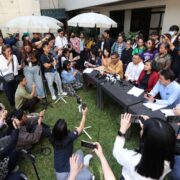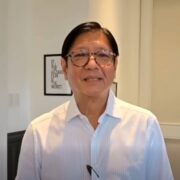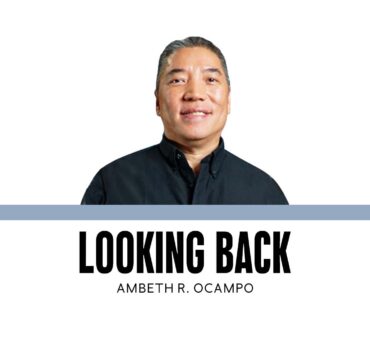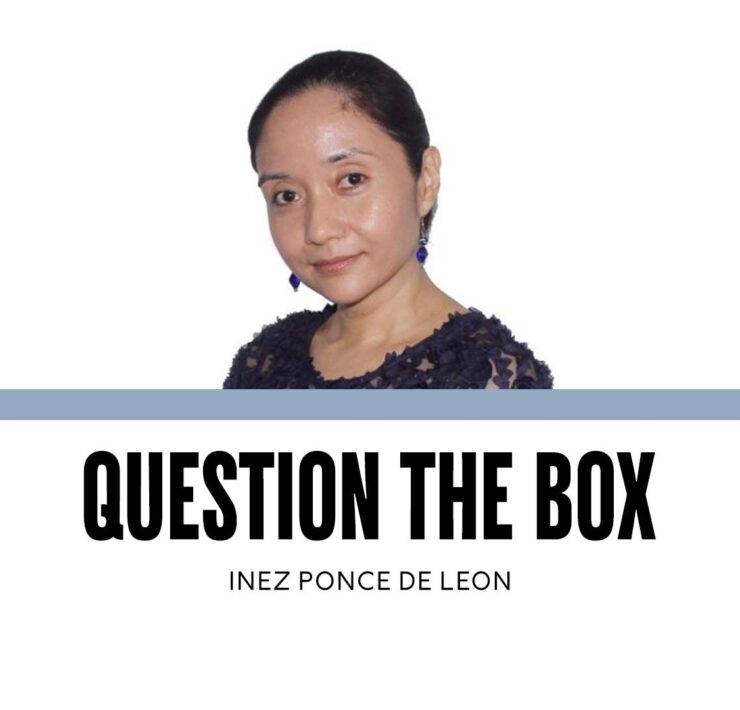Raising inquisitive students
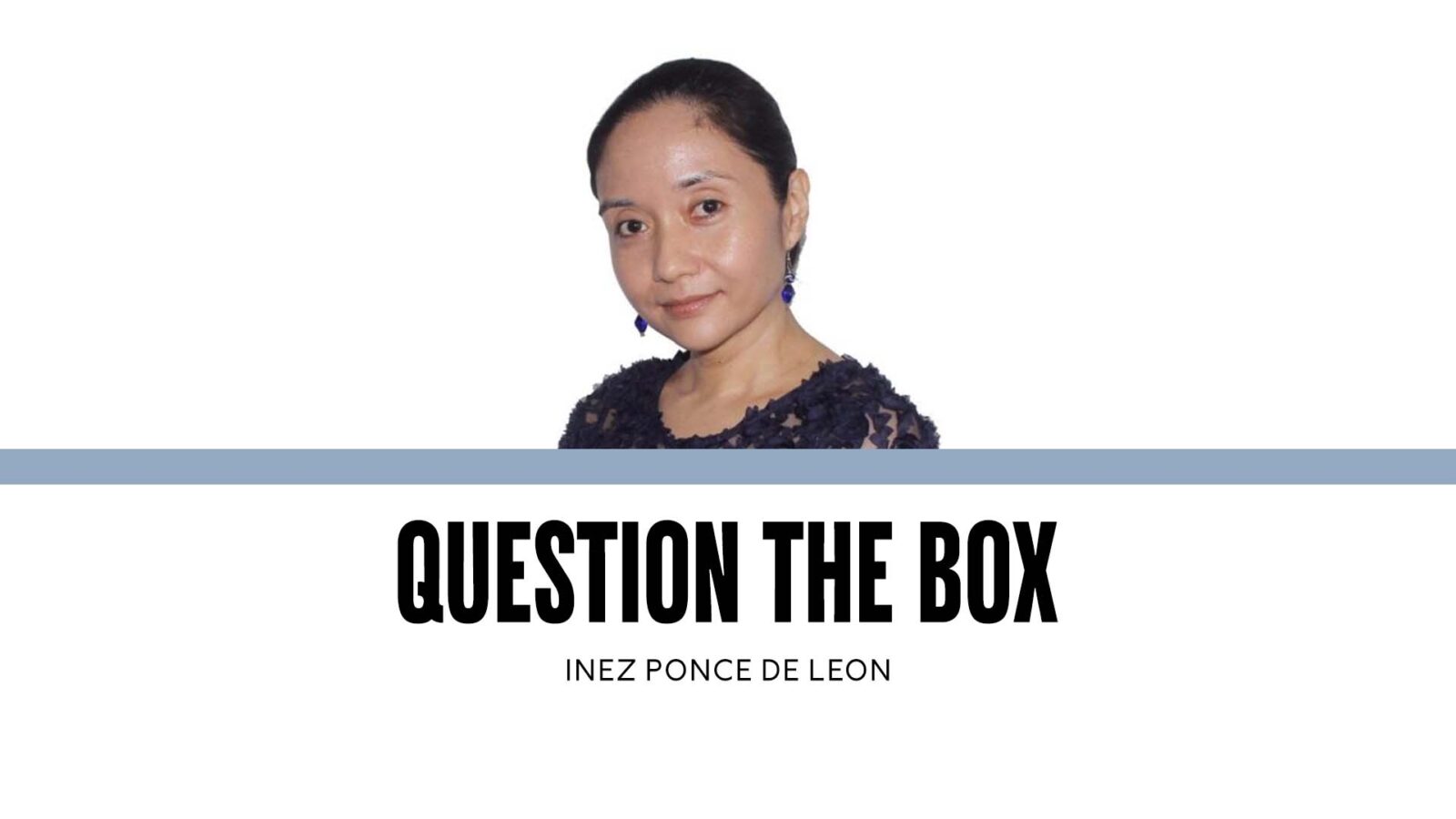
Last week’s column was about keeping liberal arts and social sciences classes in the curriculum to scaffold students’ learning, so that their skills are built on a wider understanding of humanity and an appreciation of the world’s depth and diversity. (see “Raising a curious student,” 8/6/25)
Without such a foundation, students are merely technicians, which might be favorable to governments that are afraid of an intelligent citizenry, and therefore want to engineer a robotic population.
The column led to interesting conversations between my readers and me. Some of my former students shared the quote card that came with the piece online, grateful for the multiple gifts that a diverse menu of courses had given them, and grateful for the skills they had learned, which now worked within a context rather than as mere tools to be used.
One reader shared her daughter’s experience in high school, where the students, though trained extensively in science, had become technicians rather than creative or critical thinkers. In one instance, her daughter asked her Values Education teacher questions about theology.
My former student’s daughter had read that theology and philosophy were about discourse—which they are—as they are fields that invite questioning and deliberation, discernment, and criticality. In response, the teacher sent a note to the child’s parents: They were told to talk to their daughter about “not talking back to her teacher.”
The atmosphere in the school had become “follow the rules or else”—an injustice, indeed, for a science high school. Science is not about following rules and imprisoning oneself in a single framework. It is systematically working from one step to the next, using previous work to inform one’s decisions, working through a process rather than focusing on a product.
It is also an acknowledgment of an imperfect world that must be constantly investigated and questioned, which means that all school subjects must have a strong component of discussions and debates rather than merely pushing information where teachers assume there is none.
Sadly—and here, I talk about my reader’s experience—the school had become a place to spout back ideas from a textbook, and the students were showing signs of that same laziness. When my reader would talk to her daughter’s friends or classmates, she would ask them more potent questions, and then receive half-baked answers in reply.
For example, she would ask why colonization would have an impact on how we study history. A critical mind would unpack that question for its multiple layers: how centuries of colonization have taught us who to regard as the worthy and righteous victor, who is a rebel and to what extent a rebellion can be “tolerated” before it becomes too radical, what is deemed important to study versus what is considered inconsequential because it is too “esoteric” or “local.”
Even the words we choose can be traced to how we have been colonized, and how we worship an absent colonizer over our present identity. And yet, to these children, the question was so difficult, they would be stuck describing what they read in their textbooks.
And with teachers unwelcoming of questions, the students would, inevitably, be discouraged from going beyond what they were learning. They were parrots and photocopiers rather than thinkers and innovators.
The parents were not blind, my reader said: many noticed that their children were no longer inquisitive. This is a tragedy, indeed, for children who are supposedly trained in the sciences—and for children, in general, when they must always greet the world with a questioning gaze.
These worried parents, however, are a minority; many of the parents were happy to see their children as “obedient, unquestioning robots,” in my reader’s words.
There, yet again, is the notion that a “mabait” (good) child will not speak up against an authority figure, no matter what that authority figure says.
Such a desire for the “mabait” student is worrisome. We often equate “mabait” with the image of a soft-spoken child sitting in the corner, ready to do whatever anyone bids them, eager to please with a smile piercing through any suffering.
But why should “mabait” also mean “inviting abuse and encouraging exploitation”? In training our children to be “good,” are we not also teaching them that they must not speak? That they must obey anyone in authority without asking if what they are doing is righteous? That they must turn away when they see injustice, or worse, that oppression is normal, and speaking up against injustice means disrupting an artificial peace?
We have no right to complain if our next generation elects yet another government of ex-convicts, washed-up actors, or grandstanding lawyers when we are training our students to rely on books without using their brains—when we prioritize molding them as people who can do things because they can be ordered to do so, rather than shaping them into thinking citizens who are neither blind to nor crippled by injustice.




